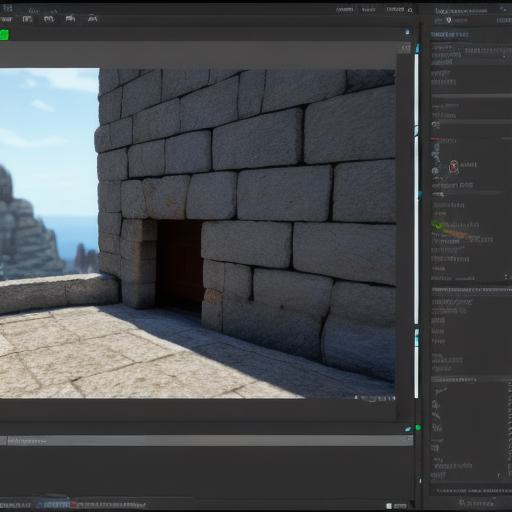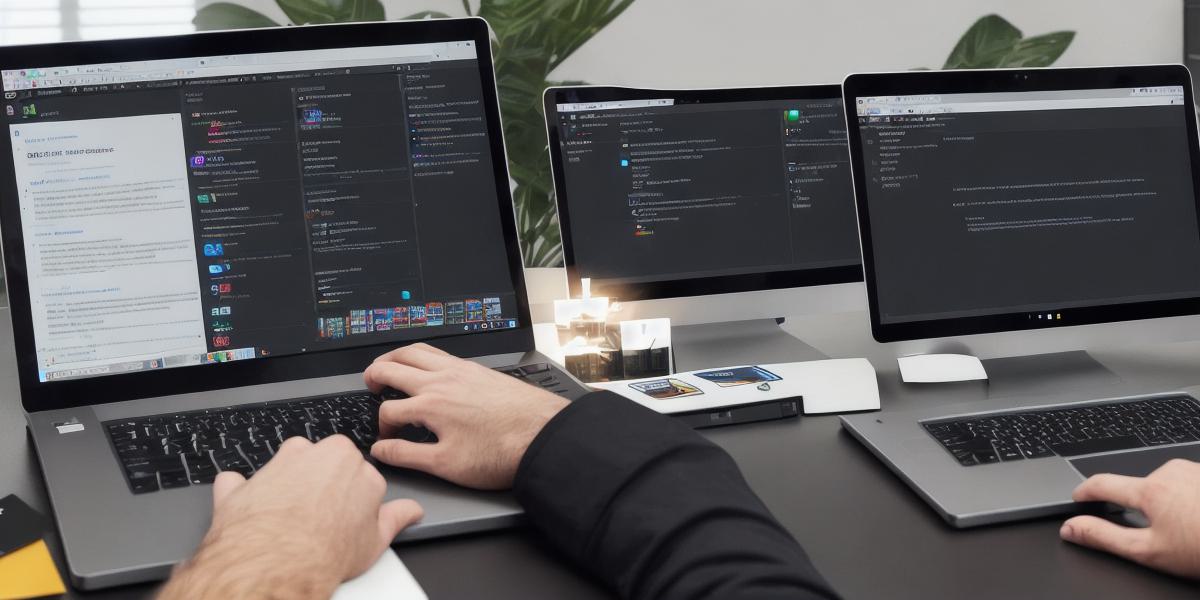Unity, a versatile game development engine, offers the flexibility to extend its functionalities through custom-built components called packages. As a web developer, you might be interested in creating your own Unity packages to streamline development processes or sell them on the Asset Store. In this comprehensive guide, we’ll explore how to get started with Unity packages development.
1. Familiarize Yourself with Unity
Before diving into package development, ensure you have a solid understanding of Unity basics:
Scene creation and manipulation
Scripting in C or JavaScript
Component hierarchy
Unity Editor interface
2. Setting Up the Development Environment
Install the latest version of Unity Hub and choose the appropriate version for your project. Once installed, create a new project as a basis for your package development.
3. Understanding Package Structure
A Unity package consists of several components:
Assets (scripts, prefabs, textures)
Manifest file (defines the package name, version, and dependencies)
Scripts folder (for custom scripts)
Plugins folder (for native code plugins)
4. Creating a Custom Package
- Create a new Unity project as a template for your package.
- Organize your assets into the appropriate folders: Assets, Scripts, and Plugins.
- Write scripts to implement your functionality (C or JavaScript).
- Define dependencies in the Manifest file.
- Test the functionality within the Unity Editor.
5. Building Your Package
To generate a package that can be used in other projects:
- Set up a Git repository for version control.
- Configure your project as an asset bundle using the Unity Batcher or UnityEditor’s Package Builder.
- Export the generated package (Assets > Open Build Pipeline > Build).
- Compress the exported folder into a .unitypackage file.
6. Sharing Your Package
If you intend to share your packages on the Asset Store or other platforms:
- Register as a developer on the Unity Asset Store.

- Follow their guidelines for packaging and submission.
- Test your package thoroughly before submitting it.
- Publish the package and monitor its performance.

7. Conclusion
In conclusion, developing custom Unity packages allows web developers to expand Unity’s capabilities and create valuable tools for their projects or sell them on the Asset Store. By following this comprehensive guide, you’ll be well-equipped to embark on your Unity package development journey.
